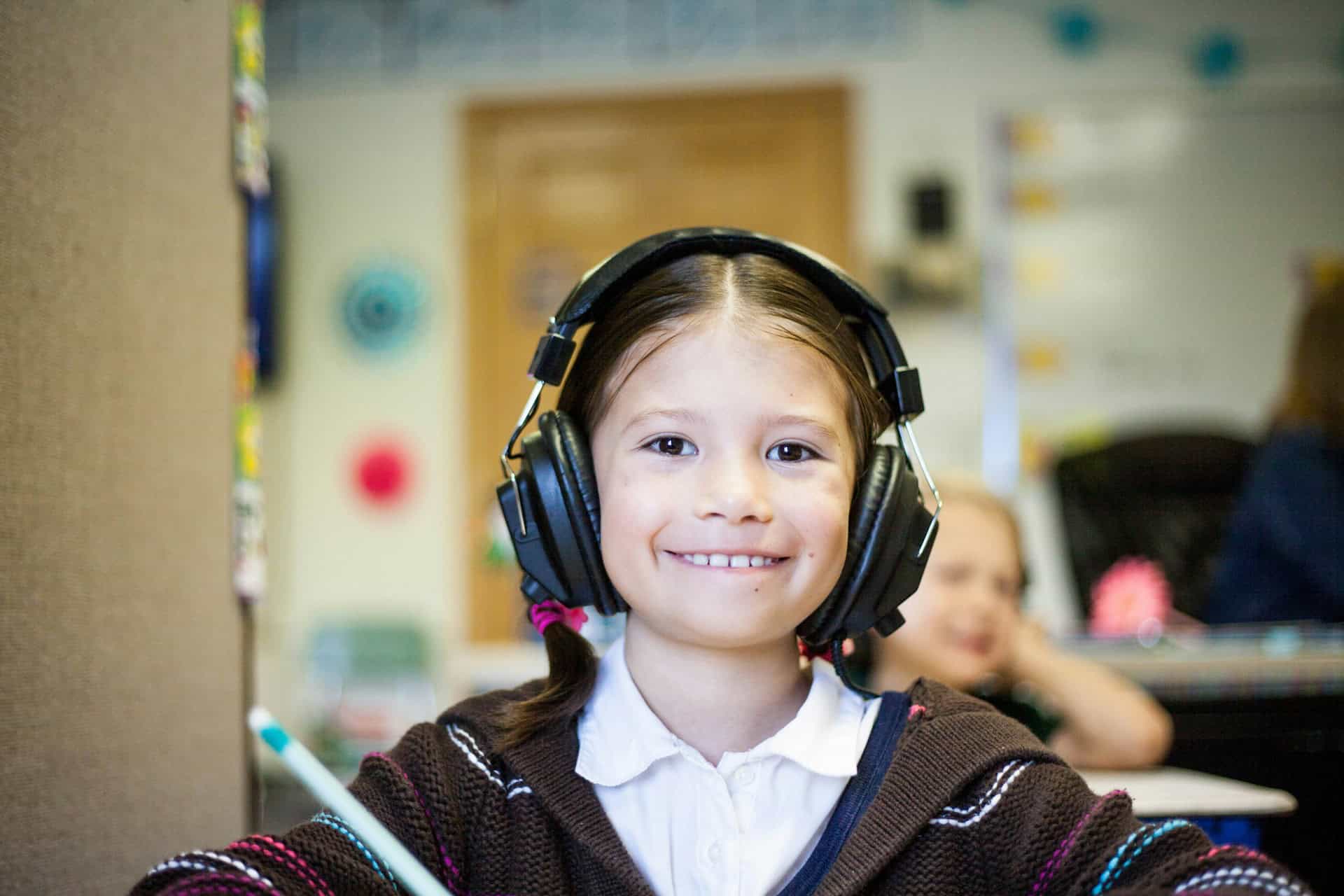Welcome to Part Two of our mini-series exploring the importance of media literacy in the UK.
The UK faces significant challenges when it comes to media literacy, misinformation about important issues such as health, politics and science can sway public opinion.
As was seen during the Covid-19 pandemic, the spread of inaccurate information had serious consequences. Many people trusted unreliable sources over experts.
Vulnerable to these manipulations
This led to confusion, fear and poor decision-making. When people lack media literacy skills, they become vulnerable to these manipulations.
In turn, this undermines trust in reliable institutions, such as the government and healthcare professionals.
Media literacy in education
Incorporating media literacy into the UK education system is crucial. Schools can equip students with the skills they need to identify reliable sources of information.
Teachers can provide practical exercises that encourage critical engagement with media content. By fostering these skills early, students can become more discerning consumers of information.
This will help them navigate the complexities of the digital world and reduce the spread of misinformation.
Finland the global leader
Media literacy is not a standalone subject in the UK curriculum, but aspects of it are integrated into various subjects. Schools often include elements of media literacy in English, PSHE (Personal, Social, Health and Economic education) and IT or digital literacy lessons.
Countries like Canada, Sweden and the Netherlands have strong media literacy programmes in education, but Finland’s comprehensive and integrated approach makes it a standout example globally.
Finland integrates media literacy across its national curriculum, emphasising critical thinking, fact-checking and understanding media from an early age.
The role of news organisations
Good news is that steps are being taken by Ofcom to develop a three-year media strategy. You can find more information about the importance of media literacy on their website.
UK news organisations have also been working to support media literacy in schools. In March 2021, The News Media Association reported that The Telegraph had launched a Media Literacy Programme for six formers about the importance of quality, edited news in society.
Meanwhile, The Guardian, working with primary English and PSHE specialists, National Literacy Trust and PSHE Association, launched a service called Newswise which offers free lesson plans, resources and workshops for schools, activities for families, high quality teacher training and opportunities to connect with real journalists.
Tips to spot misinformation
- Check the source of any information you consume. Reliable sources often provide citations and follow ethical reporting standards.
- Avoid spreading unverified information on social media. Take a moment to fact-check before sharing content, especially if it seems shocking or inflammatory.
- Use fact-checking tools like Full Fact in the UK or Snopes for international claims. These resources provide detailed analyses of potentially false or misleading information.
Read Part One / Part Two | Part Three / Part Four





